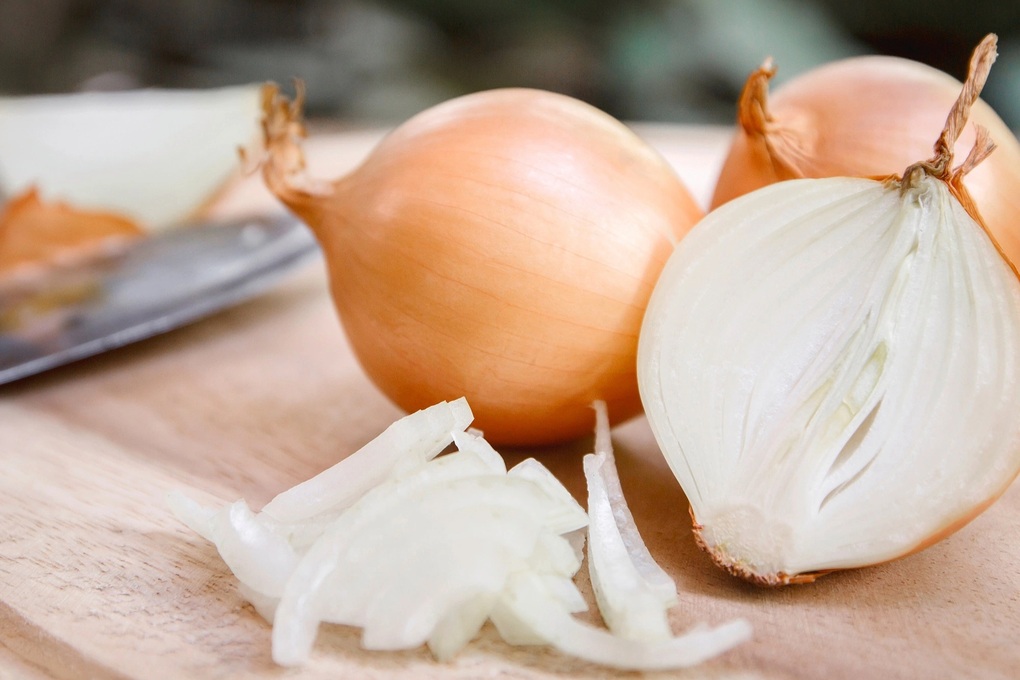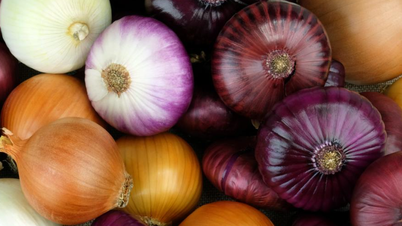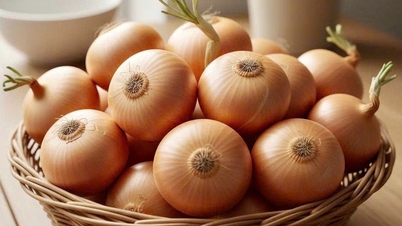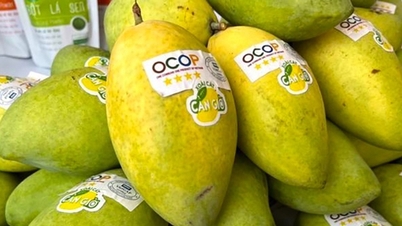Not only a familiar ingredient in the kitchen, onions also contain biological compounds that help protect the kidneys, especially in people at high risk such as gout patients, type 2 diabetes or high blood pressure.
Onions are one of the most common and easily found foods in every kitchen. However, not everyone knows that this pungent vegetable brings many benefits to the kidneys, the organ that silently takes on the role of blood filtration, excretion and homeostasis in the body.
Outstanding antioxidants of onions

Onions are one of the most common and easily found foods in every kitchen (Photo: Getty).
According to research published in the American Journal of Nephrology , quercetin, a natural flavonoid found in abundance in onion skin and roots.
This is a key factor in the kidney protection effect. It helps eliminate free radicals, inhibits inflammatory reactions, and slows down the process of glomerulosclerosis, which is the cause of the decline in the kidney's blood filtering function.
Quercetin also has the ability to inhibit the activity of the enzyme xanthine oxidase, thereby reducing the production of uric acid. This substance is a factor that causes gout and directly affects the kidneys.
A study in Frontiers in Pharmacology found that quercetin improved kidney function in rats with kidney damage caused by increased uric acid.
In addition, quercetin in onions also inhibits kidney inflammatory factors such as TNF-α, IL-6 and TGF-β1, cytokines involved in tissue damage and kidney fibrosis.
A clinical study showed that supplementing about 150–162mg of quercetin per day for 6 weeks can help reduce systolic blood pressure by 3–4 mmHg, while improving factors that burden the kidneys such as blood sugar and HbA1c index in people with type 2 diabetes.
Spicy Bodyguard
The characteristic pungent, spicy smell of cutting onions actually comes from volatile sulfur compounds, created when the enzyme alliinase breaks down sulfur-containing amino acids. These compounds not only make your eyes water, but also provide a variety of biological benefits.
Research published in the journal Nutrients shows that sulfur compounds in onions have strong anti-inflammatory and antibacterial effects, and inhibit the formation of fibrotic tissue in the kidneys, one of the main mechanisms leading to chronic kidney disease.
In addition, these compounds also stimulate the production of an important antioxidant that helps protect kidney cells from damage caused by oxidative stress, endogenous glutathione.
Some notes when using onions to support kidney health
Eating onions raw or lightly cooked will retain more quercetin than fully cooked onions. However, people with sensitive stomachs should cook them lightly to make them easier to digest.
Onion skins contain the highest amount of quercetin. Some nutritionists recommend cooking soup or stewing with the washed onion skins, then filtering them out, to take advantage of the nutrients.
People with chronic kidney disease should consult their doctor before increasing the amount of onions in their diet, especially if they are on a diet low in potassium or phosphorus.
Source: https://dantri.com.vn/suc-khoe/cach-an-hanh-tay-dac-biet-tot-cho-than-20250726072501810.htm


![[Photo] Ho Chi Minh City Youth Take Action for a Cleaner Environment](https://vphoto.vietnam.vn/thumb/1200x675/vietnam/resource/IMAGE/2025/11/04/1762233574890_550816358-1108586934787014-6430522970717297480-n-1-jpg.webp)

![[Photo] The road connecting Dong Nai with Ho Chi Minh City is still unfinished after 5 years of construction.](https://vphoto.vietnam.vn/thumb/1200x675/vietnam/resource/IMAGE/2025/11/04/1762241675985_ndo_br_dji-20251104104418-0635-d-resize-1295-jpg.webp)

![[Photo] Comrade Nguyen Duy Ngoc holds the position of Secretary of the Hanoi Party Committee](https://vphoto.vietnam.vn/thumb/1200x675/vietnam/resource/IMAGE/2025/11/04/1762234472658_a1-bnd-5518-8538-jpg.webp)
![[Photo] Ca Mau "struggling" to cope with the highest tide of the year, forecast to exceed alert level 3](https://vphoto.vietnam.vn/thumb/1200x675/vietnam/resource/IMAGE/2025/11/04/1762235371445_ndo_br_trieu-cuong-2-6486-jpg.webp)




































































































Comment (0)